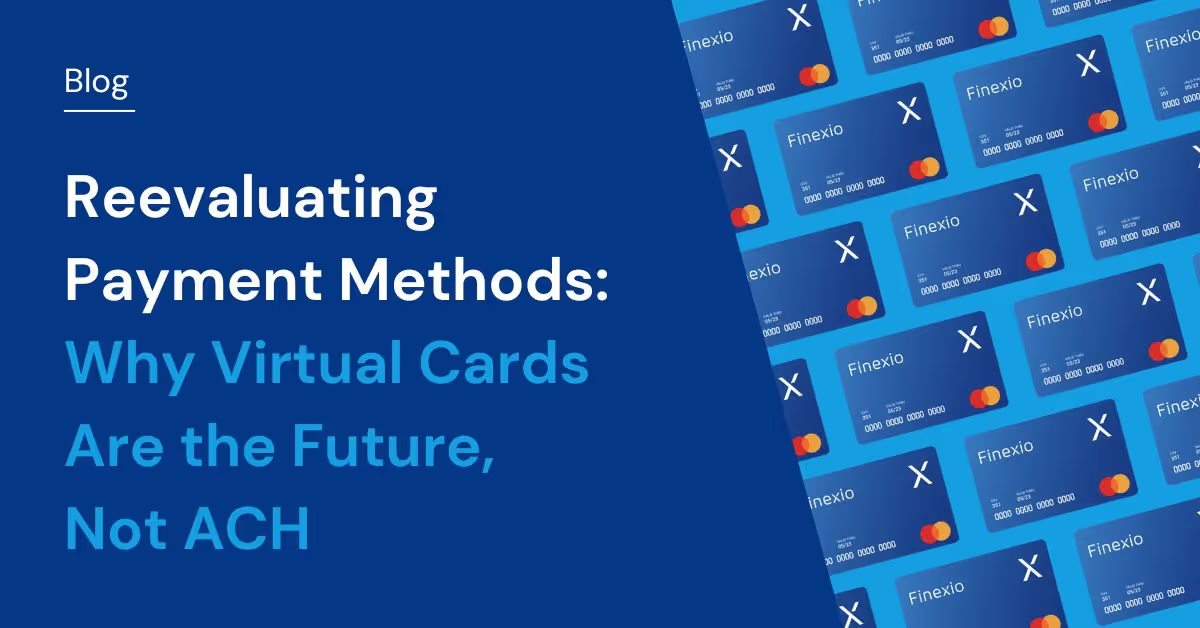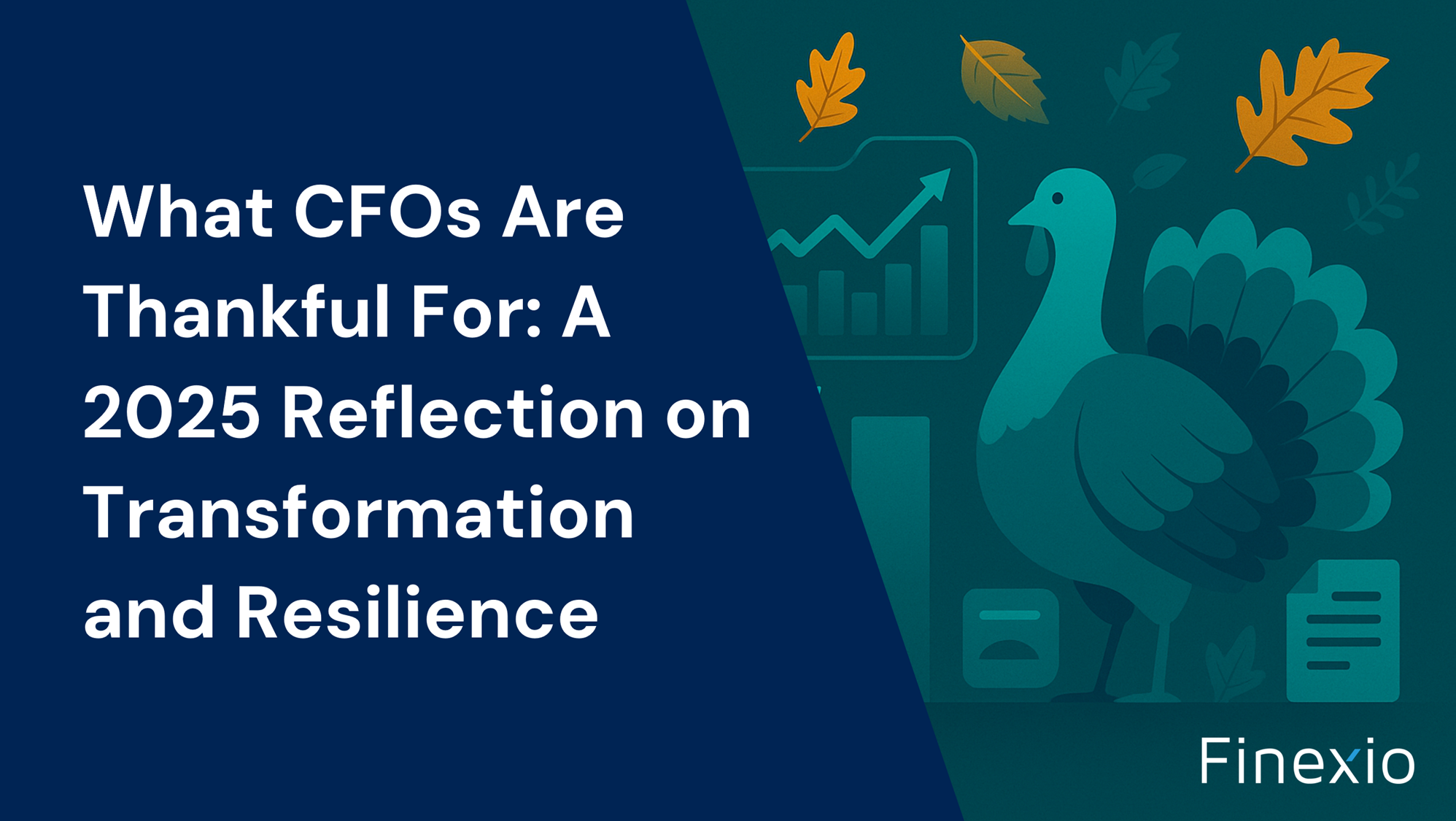Reevaluating Payment Methods: Why Virtual Cards Are the Future, Not ACH


In the rapidly evolving financial landscape, businesses must stay ahead of the curve to protect their operations. While Automated Clearing House (ACH) payments have long been a popular choice for their cost-effectiveness and convenience, rising fraud rates call for are evaluation of this payment method. As we navigate this changing environment, virtual cards emerge as a safer, more secure alternative to both checks and ACH payments.
The Rising Tide of ACH Fraud
According to an article titled "Fraud Concerns Mount as Verifying Identities Becomes Harder" published by Payments Dive, fraud concerns are mounting in the payments industry, with ACH being a significant area of vulnerability. The article highlights a discussion at Nacha’s Smarter Faster Payments conference, where industry experts called for more proactive measures to prevent fraud, particularly in the realm of ACH payments.
The rise of faster digital payments and artificial intelligence innovations are seen as potential factors that could exacerbate fraud. The amount of money American consumers reported losing to fraud last year jumped 30% to $8.8 billion compared to 2021, according to the Federal Trade Commission. Businesses of all sizes are also being targeted, with email scams being a common method used by fraudsters.
The Federal Trade Commission has also provided that bank transfer payments such as ACH represent the largest dollar losses in the US in 2021 and 2022 by a significant margin.

The Threat of Synthetic Identity Fraud
The Payments Dive article also points out the growing threat of synthetic identity fraud, where some pieces of authentic information are used to create the appearance of normalcy. This type of fraud is particularly concerning in the context of ACH payments, as fraudsters can use these synthetic identities to initiate fraudulent transactions, leading to significant financial losses.
The Case for Virtual Cards
In light of these concerns, it's time for businesses to consider safer alternatives to ACH payments. Enter virtual cards- unique, digitally-generated card numbers that can be used for specific transactions. Here's why virtual cards are a safer, more secure option:
1. Enhanced Security
Each virtual card number is unique to a specific transaction, reducing the risk of fraud. Even ifa fraudster intercepts the card number, it cannot be used for any transaction other than the one it was intended for.
2. Improved Efficiency
Virtual cards streamline the payment process, reducing the need for manual checks and balances. This can lead to improved operational efficiency and cost savings.
3. Reduced Risk of Identity Theft
Unlike ACH payments, virtual cards do not require the sharing of bank account information, reducing the risk of identity theft.
Conclusion
As the trends show, ACH payments, while convenient, are becoming increasingly risky due to rising fraud rates and the threat of synthetic identity fraud. It's time for businesses to rethink their reliance on ACH as the best alternative to checks. By switching to virtual cards, businesses can enhance their security, improve operational efficiency, and safeguard their financial resources. The future of payments lies in embracing innovative, secure solutions like virtual cards.
Interested in learning more? Click here to request a consultation with one of Finexio's payments experts, and learn how leveraging AP Payments as a Service enables businesses to take advantage of the most modern payment security measures and fully maximize the adoption of virtual cards with their suppliers.
Get the free Newsletter
Get the latest information on all things related to B2B and electronic payments delivered straight to your inbox.




